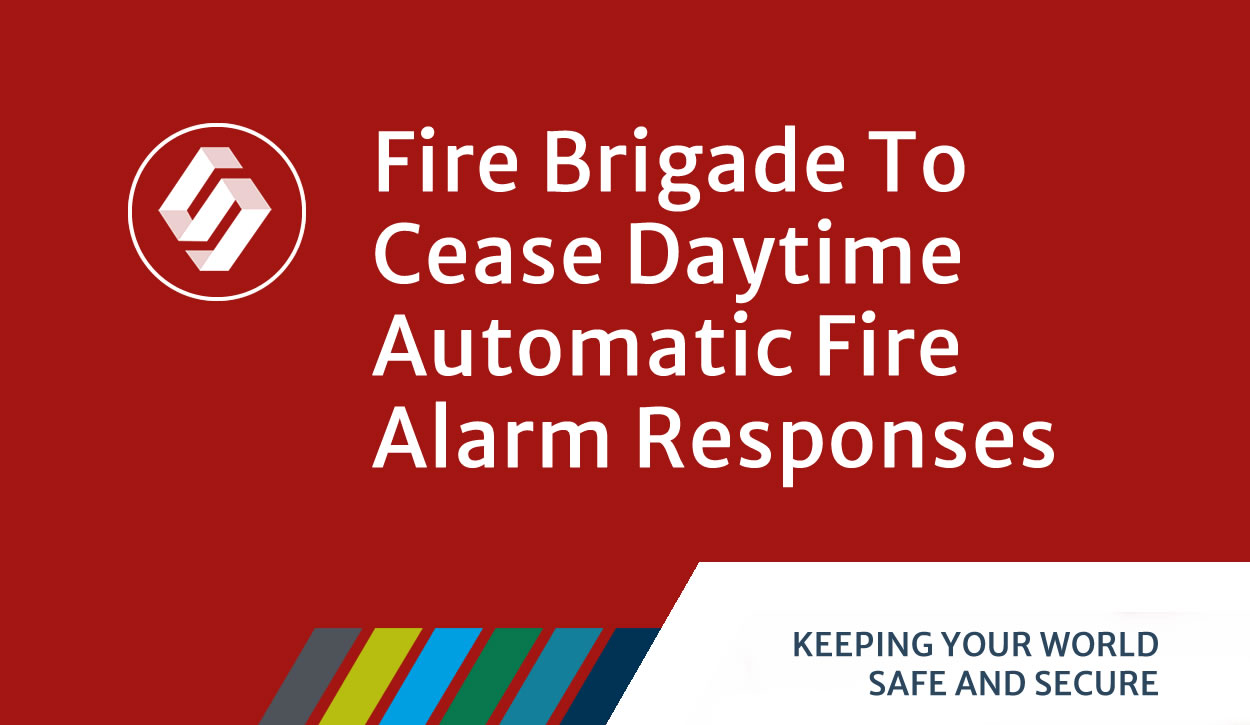Fire Brigade To Cease Daytime Automatic Fire Alarm Responses
Starting in October, the London Fire Brigade (LFB) will no longer respond to automatic fire alarms in non-residential buildings during the day. Many leading insurance companies are urging businesses and commercial locations to update their fire risk assessments and staff training to adapt to this significant change.

Businesses across London are advised to review their fire safety protocols in light of the LFB’s new policy. The LFB will cease responding to automatic fire alarms between 7:00 am and 8:30 pm to reduce unnecessary strain on fire service resources. In the year leading up to March 2024, the LFB responded to around 52,000 false alarms from automatic systems. According to Fire Safety Matters, this policy aims to ease the operational burden on the Fire and Rescue Service.
Dougie Barnett, Director of Customer Risk Management at AXA Commercial, emphasised the importance of this change for London’s business community. “The London Fire Brigade’s decision aligns with many other UK Fire and Rescue Services,” Barnett stated. “It’s vital that businesses are aware of this change. During the working day, employees must dial 999 in case of a fire since automatic responses will no longer occur.”
Barnett pointed out that this shift will significantly affect businesses relying on remote connections to an Alarm Receiving Centre. Consequently, fire risk assessments need updating, and additional staff training is essential to ensure proper response measures are in place.
Preparing for the Shift
Businesses should focus on several key areas to prepare for this change:
• Updating Fire Risk Assessments and Staff Training: Fire risk assessments must be revised to inform employees of the necessary actions if an alarm sounds during working hours.
• For businesses operating in shifts, specific guidance should be provided for different times of the day.
• Emphasising the Importance of Calling 999: Employees must be trained to understand the importance of calling 999 in the event of a fire. Assigning specific individuals the responsibility for this action is highly recommended.
• Implementing Early Identification Systems: Procedures for early identification of the cause of an alarm, whether it is false or a real fire, are crucial.
• This includes training staff on interpreting messages on the fire alarm panel to identify the triggered detector.
• Regular Maintenance of Fire Alarm Systems: Regular maintenance of fire alarm systems by competent contractors is essential to minimise false alarms.
Strategic Planning for the Future
Barnett concluded by highlighting the substantial impact this change will have on London businesses, stressing the importance of proactive planning. “This is a significant adjustment for businesses in the capital. It’s vital they act now to update their fire risk assessments and ensure all staff are appropriately trained and informed before the LFB’s policy change takes effect.”
Although this update relates to the London Fire Brigade, it will be worth all businesses and commercial locations investigating their own local fire authority for their current policy and future plans for fire alarm call outs by a specific fire brigade. It may also be an ideal time to evaluate the fire safety processes within your location and seek expert advice.
#FireAlarms #FireRiskAssessment #FireSafetyEquipment #FireAlarmMaintenance #AccessControl #CCTV

